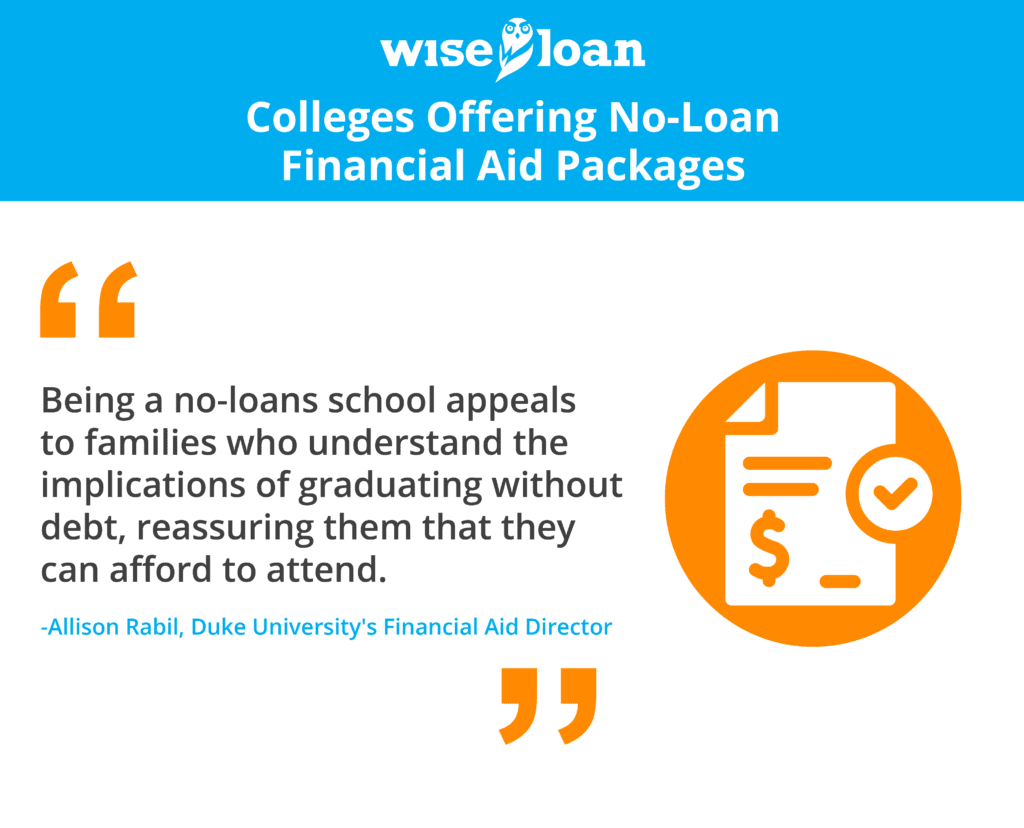Numerous higher education institutions have gained attention for providing financial aid packages without federal student loans. While around 50 colleges and universities in the country have integrated these offerings for low-income students, 16 of them have gone a step further, extending no-loan aid packages to students from all backgrounds.
Shannon Vasconcelos, the Director of College Finance at College Coach, sheds light on the types of schools adopting these no-loan programs: “They are typically wealthy private institutions known for their selectivity and high admission standards. Many Ivy League schools and similarly affluent universities have implemented no-loans policies.”
Among the sixteen schools offering unrestricted no-loan policies, Vanderbilt University and Yale University stand out. Their substantial endowments enable them to extend these high-profile options to a majority of applicants and students. For instance, Yale reported a total endowment of $25.4 billion for this purpose in the 2016 fiscal year.
The concept of no-loan aid packages was first introduced by Princeton University in 2001. Since then, the university’s endowments have exceeded $21.7 billion, supporting their ongoing no-loans program.
Vasconcelos points out that many schools started offering no-loan policies even before the Great Recession. When one school provides a more generous policy, others often follow suit to remain competitive in attracting the same pool of students.
However, not all Ivy League institutions have adopted total no-loans policies. For example, Cornell University limits its program to families earning less than $60,000 a year, qualifying only for no-loans, grant-only packages.
Brian Clark, a spokesman for Brown University, discusses their initiative for the 2018-2019 school year, aiming to eliminate loans from financial aid packages for all undergraduates. He emphasizes that the plan specifically targets moderate-income families who often do not qualify for the generous financial aid offered to low-income families by Brown and other universities, yet still lack the full resources to cover college costs.
Duke University’s Financial Aid Director, Allison Rabil, attests to the importance of no-loans options for lower-income students. She states, “Being a no-loans school appeals to families who understand the implications of graduating without debt, reassuring them that they can afford to attend.”

Overall, the consensus suggests that while some schools restrict access to no-loans policies based on income levels, the presence of these programs remains a significant help for those who need it the most. Students from low-income families are often reluctant to borrow for higher education, and no-loans, grants-only packages alleviate the stress and financial burden associated with funding their education.
What are your thoughts on no-loans packages? Should more schools adopt them? Share your opinions in the comments!
The recommendations contained in this article are designed for informational purposes only. Essential Lending DBA Wise Loan does not guarantee the accuracy of the information provided in this article; is not responsible for any errors, omissions, or misrepresentations; and is not responsible for the consequences of any decisions or actions taken as a result of the information provided above.










